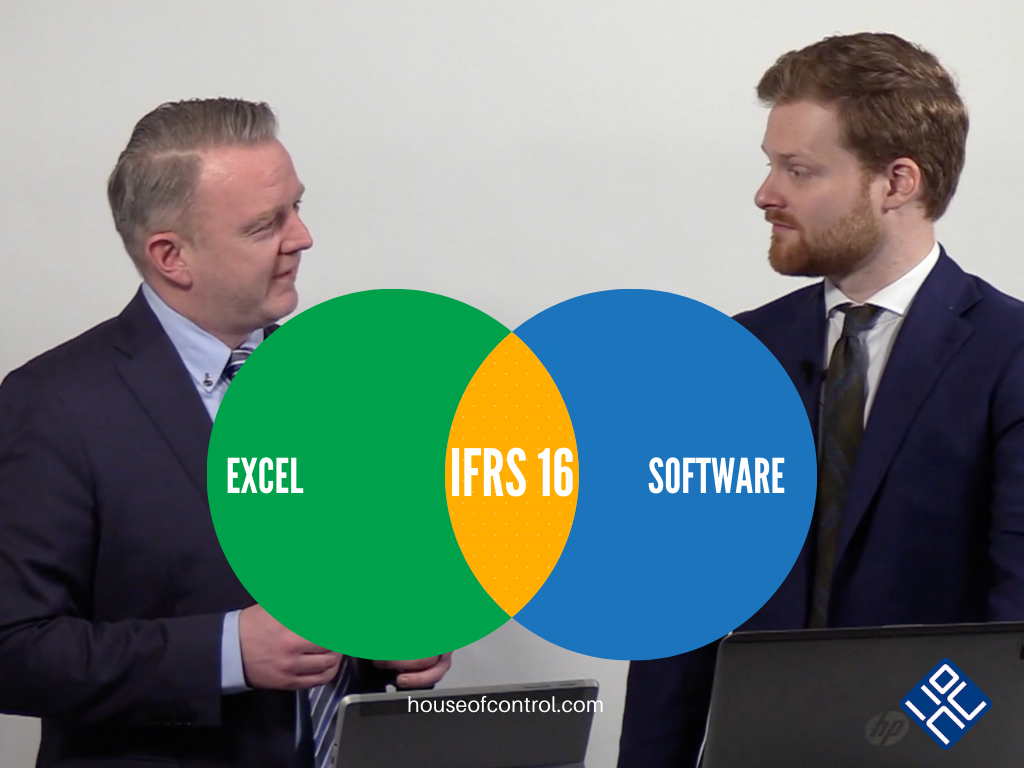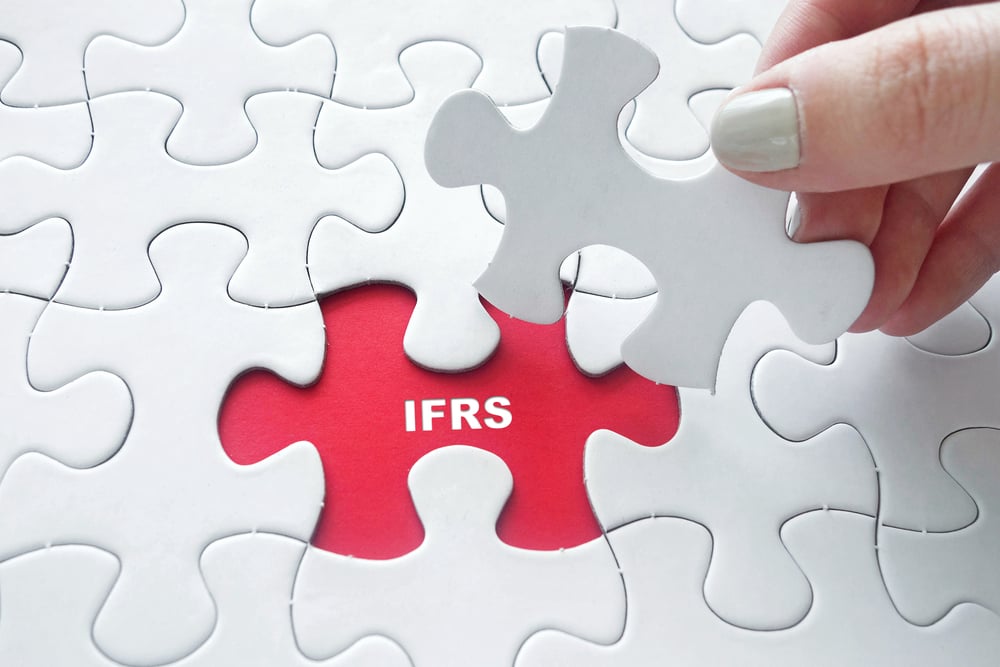Financial leasing agreements: How do deal with them in the accounts
Do you work in a large company that uses leasing to finance important equipment? And do you have the full risk for and full control over the leased asset? If so, you should read this.
Many of our customers understand and accept that IFRS 16 means listed companies are now obliged to recognise their rental and leasing agreements on their balance sheets. This does not only apply to companies required to comply with the IFRS regulations, however.
Does your company fulfil two or three of the following criteria: at least 50 employees, NOK 70 million in annual turnover and/or NOK 50 million in balance sheet values? If so, you should be aware of the requirements on recognising financial leasing agreements on your balance sheets that apply in all three Scandinavian countries (NRS 14 in Norway, K3 in Sweden, Accounts Class C in Denmark).
These regulations stipulate that what are known as “financial leasing agreements” have to be recognised on the balance sheets, whereas “operational leasing agreements” do not. (IFRS 16 does not differentiate between the two types of leasing agreement). What distinguishes a financial leasing agreement? Here are some of the typical features of such agreements:
● You have full risk for the asset during the contractual period, including responsibility for repairs and maintenance.
● You have full control of the asset and receive all financial profits from its use.
● When the leasing agreement comes to an end, the financial value of the asset will be extremely low – a purchase in instalments, in practice.
● The present value of the leasing expenses is higher than what it would cost to purchase the asset “up front”.
There is no hard and fast definition, and there will always be room for interpretation. Examples of financial leasing could include the leasing of large goods vehicles with special adaptations, construction equipment and exercise machines.
Rent agreements where the party which owns the property will continue to own it on expiry of the agreement are typically not considered financial leasing agreements, but rather operational leasing agreements.
House of Control has developed a module for maintaining full control of the company’s financial leasing agreements. It provides the CFO with full control of all key data in the leasing agreement, including present value calculations, depreciation and amortisation, interest and repayments. It is a module that presents fast and rapid data for the accounts, and which also offers extremely good reporting options.
Are you unsure of whether your business should recognise leasing agreements on its balance sheets? Schedule a meeting with us!



